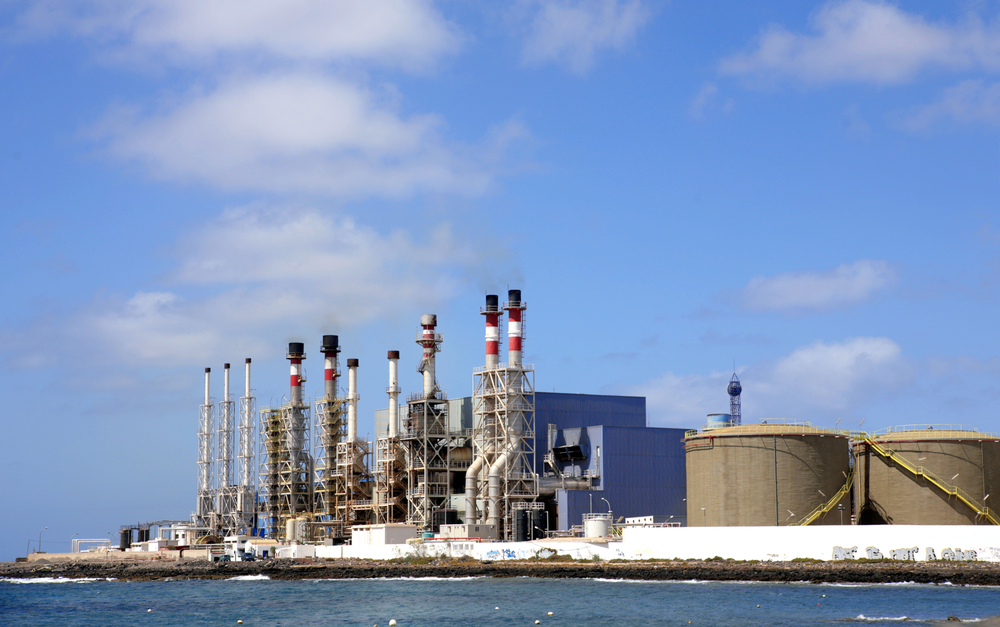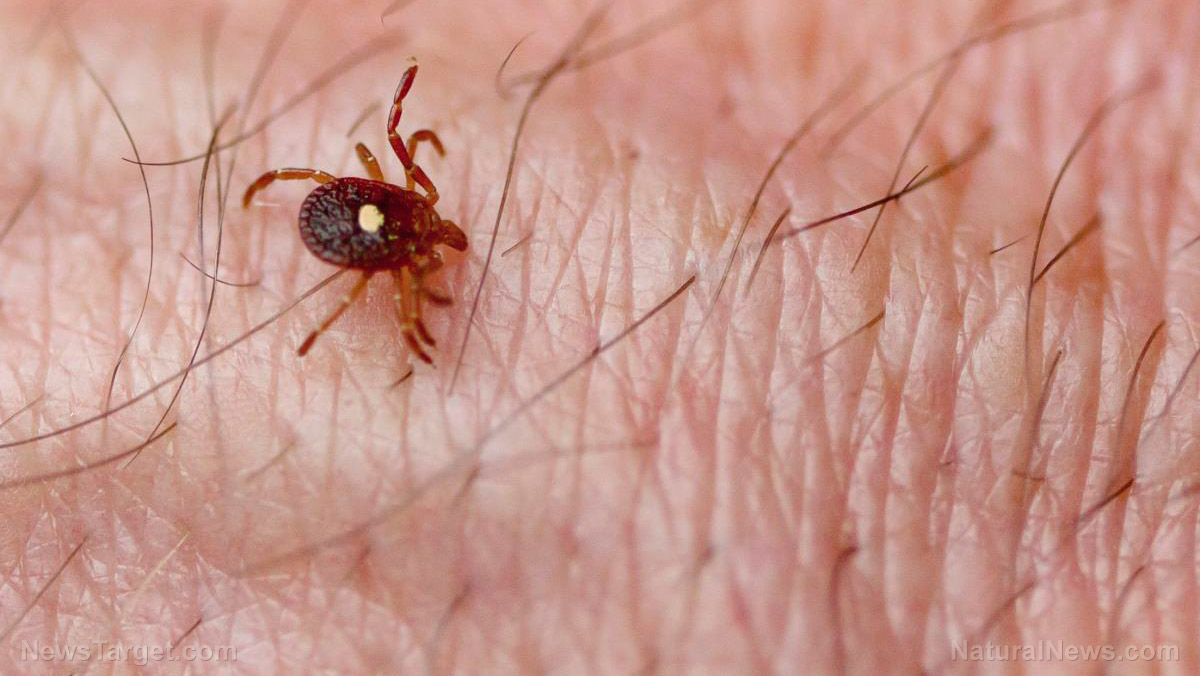Report: More than 1.5 billion face masks believed to have flooded oceans in 2020
02/04/2021 / By Divina Ramirez

More than 1.5 billion face masks produced in 2020 will pollute the world’s oceans, according to a recent report from Hong Kong-based marine conservation organization OceansAsia. But this is just the tip of the iceberg.
Teale Bondaroff, lead author of the report and director of research for the organization, said the masks are just a small fraction of the estimated eight to 12 million metric tons of plastic that enter oceans each year. Still, face masks could take about 450 years to degrade, all the while leaching toxic chemicals that threaten wildlife.
The group estimated that some 52 billion face masks were produced in 2020 to answer for the sudden demand due to the coronavirus pandemic. Bondaroff and his colleagues also pointed out that the increased use and production of plastic face shields and personal protective equipment (PPE) led to more waste as well.
Face masks polluting oceans
The researchers acknowledged that it is hard to determine the exact volume of face masks produced worldwide since the pandemic began, as well as what percentage of those masks were not disposed of properly.
Previous research has shown that about three percent of global plastic waste enters oceans. Using this rate and a global production estimate of 52 billion face masks manufactured in 2020, Bondaroff and his colleagues estimate that some 1.56 billion face masks produced in 2020 will end up polluting the world’s oceans.
The research started when OceansAsia visited a remote beach in the Soko Islands southwest of Hong Kong late last February. Scientists found masks washed up on the beach and kept finding more with each subsequent visit, all the while posting their hauls on Facebook. The mask numbers would persist for months after.

While face masks have become a common tool used to prevent the spread of the coronavirus, the increased use of masks has led to a dramatic increase in waste.
This is bad news since single-use face masks are made from meltblown plastics that release chemicals while degrading. Soiled masks also pose a risk to human health. (Related: Environmentalists concerned over how increased use of face masks and PPE will contribute to worldwide problem of plastic pollution.)
Gary Stokes, operations director of OceansAsia, said face masks end up in waterways when they are littered, or when waste management systems are either inadequate or non-existent. Face masks also enter oceans when existing waste management systems become overwhelmed due to the sheer volume of waste generated.
Face masks blamed for death of birds, fish
The report also highlighted the impact of marine plastic pollution, which face masks significantly contribute to, on marine life. For instance, researchers estimate that marine plastic pollution kills 100,000 marine mammals, over a million seabirds and great numbers of fish and invertebrates each year.
Just last September, a penguin was found dead on a beach in Sao Paulo, Brazil after post-mortem examination showed it had swallowed an N95 face mask. In a statement, Instituto Argonauta, the conservation group that studied the penguin, said people who frequented the beaches in the area may have cost the penguin its life.
Meanwhile, employees of a car dealership in the English city of Chelmsford, Essex rescued a seagull whose feet were tangled in the ear loops of a disposable face mask. It was seen struggling to walk outside the dealership.
Marine plastic pollution also has a profound impact on coastal communities and fisheries. In fact, conservative estimates suggest that marine plastic pollution costs the global economy about $13 billion each year.
The researchers ended their report by making important recommendations, such as wearing reusable masks if possible, disposing of masks responsibly and reducing overall consumption of single-use plastic.
They also called on governments to implement policies that encourage the use of reusable masks, foster efforts to develop sustainable alternatives to single-use masks, impose fines to discourage littering, educate the public about proper face mask disposal and improve waste management systems. “It is critical that we reduce our use of single-use plastics, and we all have a role to play,” said Bondaroff.
Learn more about the environmental impact of single-use face masks, face shields and other PPE at Environ.news.
Sources include:
Submit a correction >>
Tagged Under:
This article may contain statements that reflect the opinion of the author





















